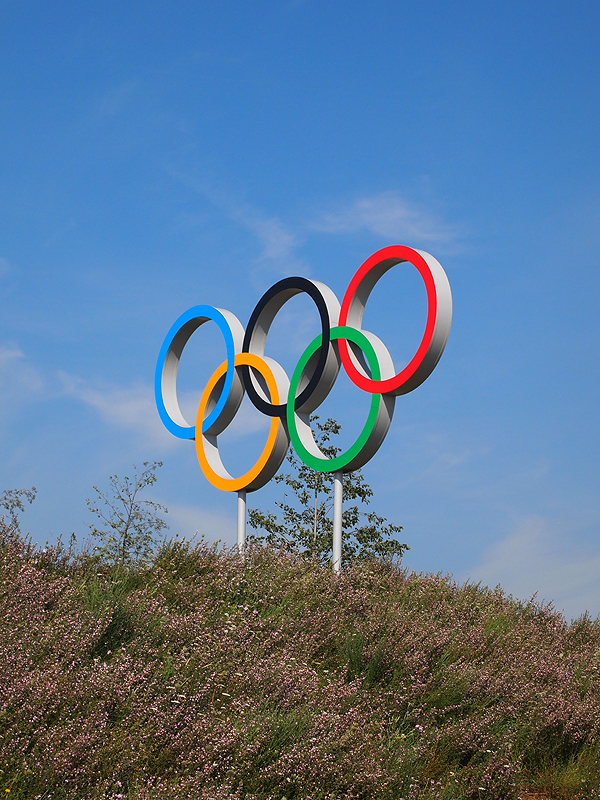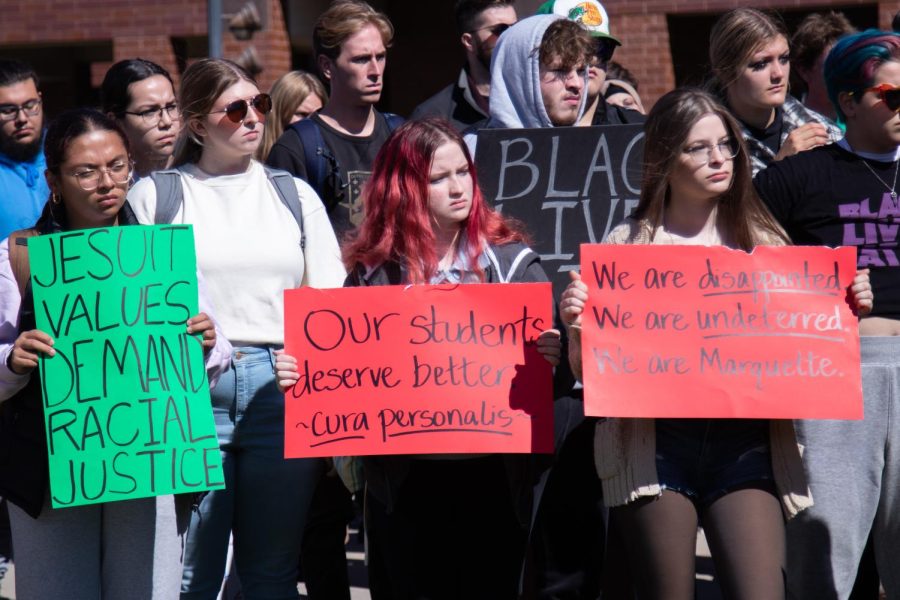The recent doping situation at the 2022 Winter Olympics involving Kamila Vileava showcases a double standard in how the International Olympic Committee handles doping incidents.
Fifteen-year-old Russian figure skater Vileava came under public scrutiny when she tested positive for trimetazidine. Trimetazidine is used in patients with heart problems but with athletes it can increase blood flow in the heart, improving performance. It was also reported that Valieva may have been given the banned drug by adults without her knowledge, but it remains unclear.
Despite failing her drug test, Valieva was still allowed to compete. This decision came after the Court of Arbitration for Sport reversed her initial suspension. While there were high expectations for Valivea to win gold based on her previous performance, she only placed fourth after falling several times in the routine.
While the IOC allowed Valieva to compete, they said she wouldn’t be eligible to win any medals until her doping case was closed. Valieva was able to compete because she was a minor and would only face a reprimand rather than an actual suspension.
Valieva was able to compete, but another athlete was not.
During the Olympic trials in summer 2021, Sha’Carri Richardson, who was representing the U.S. for the 100 meter and 200 meter events, was banned from competing in the Olympics after she tested positive for marijuana during drug testing.
Marijuana doesn’t improve performance quality, but rather can hinder it. Richardson was given a 30-day suspension from competing following the USA anti-doping policy and therefore couldn’t compete in the Olympics. Much of the focus about the situation was on Richardson doing drugs rather than what she was going through during that time.
Richardson said that during the trials, her mother had unexpectedly passed away and she used marijuana to cope.
The IOC and U.S. Anti-Doping Agency failed Richardson by not showing up for her when she needed help the most. They should’ve supported her in her grieving process, given her resources and most importantly minimized the pressure placed on her. Rather, she was scrutinized for doing drugs as an athlete.
There is a clear double standard between both cases, and the IOC has failed to recognize and acknowledge how race played a central part in the situations between the athletes.
Richardson shared her frustrations about the situation on Twitter Feb. 14. She tweeted, “Can we get a solid answer on the difference of her situation and mines? My mother died and I can’t run and was also favored to place top 3. The only difference I see is I’m a black young lady.”
There were also large discrepancies between the way that Richardson’s and Valieva’s drug tests were handled. Valieva’s test was submitted in December, but news of it came to light just recently in February when she received a gold medal for the Russian Olympic Committee team. However, news of Richardson’s positive test spread quickly.
Valieva should not have been allowed to compete. Regardless of being a minor or not, the Russian Olympic Committee and Valieva should have been held accountable for doping.
Although marijuana is still listed as a banned drug on the World Anti-Doping Agency list, there is still also a large societal stigma surrounding marijuana use.
Richardson was heavily scrutinized for using marijuana, and there was little initial focus on her mom’s death.
The IOC needs to create more consistency across its policies and procedures so all athletes are treated equally, especially on a large world stage like the Olympics. Athletes like Richardson should not have to feel they were unjustly treated by the IOC.
If Richardson were a white athlete who had just lost her mom, her treatment by the U.S. Anti-Doping Agency and the media could have been different.
Alexandra Garner contributed to this story.
This story was written by Krisha Patel. She can be reached at [email protected].











